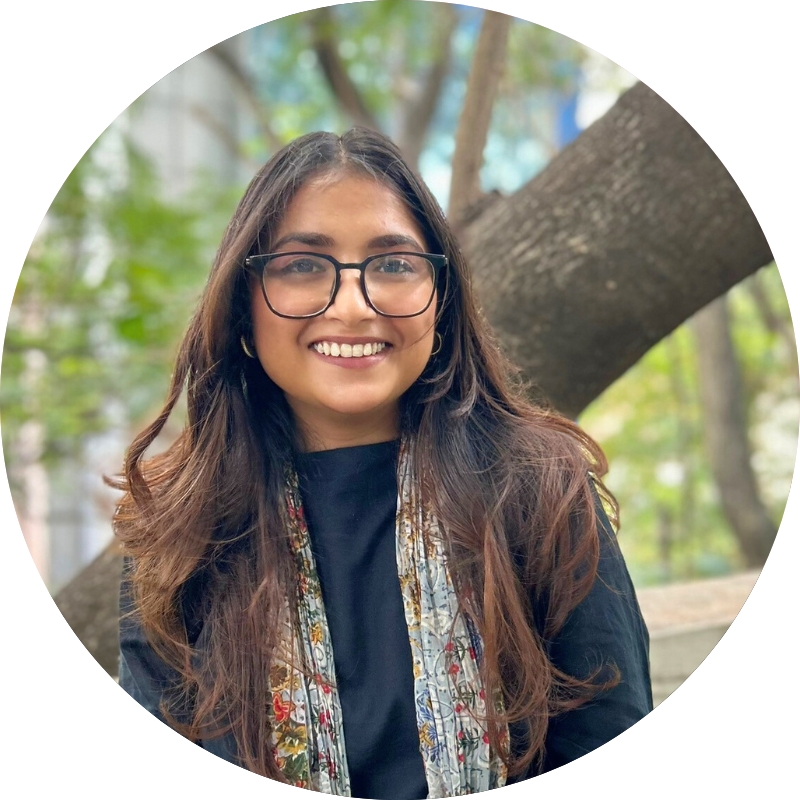On the 19th July, 2025, CLPR conducted a full-day training program for Paralegals Volunteers (PLVs) on the Scheduled Castes and Scheduled Tribes (Prevention of Atrocities) Act, 1989 (POA Act), at the National Law School of India University, Bangalore. The one-day session brought together PLVs across Karnataka, engaged in supporting from was designed to equip PLVs with legal knowledge, practical tools, and strategic insight to support the victims of caste-based violence and atrocities across Karnataka. Payal Gaikwad (Projects Coordinator, CLPR) welcomed the participants and introduced the purpose of the session. The objective of the training was to build a strong understanding of the POA Act and equip PLVs with practical strategies to assist the victims, interact with authorities, and address challenges faced on the ground.

The first session was led by Senior Advocate Jayna Kothari, who provided an overview of the POA Act. She explained the background and purpose of the law, highlighting that earlier laws, such as the Protection of Civil Rights Act, 1955, had failed to effectively prevent caste-based atrocities. She emphasised that the PoA Act uses the term “atrocity” instead of “offence” to reflect the seriousness of these crimes. She discussed the different types of atrocities listed under Section 3, the role and responsibilities of public servants under Section 4, and the importance of special courts and victim rights under Sections 14 and 15. She also spoke about amendments made in 2015 to strengthen the law and shared how the lack of awareness and poor implementation have led to low conviction rates. The session encouraged PLVs to use all available provisions in the Act and approach higher courts when necessary.

The second session was conducted by Mr. Arun Chakravarthy, IPS, who shared the perspective of the police in handling atrocity cases. He explained the historical development of the law and the creation of the Civil Rights Enforcement (CRE) Cell. Mr. Chakravarthy spoke openly about the challenges within the police force, including delays in registering complaints, a lack of proper investigation, and the influence of local politics and social pressure. He identified the three common issues in police response: delay, dilution, and denial. He encouraged PLVs to focus on using Section 3 and Rule 3 of the Act, which deal with both punishment and prevention of atrocities. He stressed that public officials, including police, doctors, and revenue officers, have legal responsibilities that must be enforced.

The third session, led by Advocate Manoranjini, focused on the rights of victims and witnesses under the PoA Act. She started by discussing the social roots of caste discrimination and how it often leads to violence. The session highlighted the importance of awareness at the village level and the need for active efforts to prevent caste-based discrimination in everyday life. She shared real examples, including the Kambalapalli and Venkatramannappa cases, to show how lack of protection for victims and witnesses often results in continued violence and even murder. She also discussed problems such as anticipatory bail for the accused, false counter-cases, and the failure to provide basic support like medical aid, legal assistance, and rehabilitation. PLVs were encouraged to guide victims through the legal process, document FIR refusals, and use all legal tools available to ensure justice.
In the final part of the day, the CLPR team conducted group exercises based on real-life scenarios based on caste-atrocities. These included cases of sexual violence, denial of burial ground access, electoral intimidation, and failure to provide compensation. Through these activities, PLVs identified relevant sections of the law, discussed action plans, and practiced drafting complaints and representations. The exercises were designed to help PLVs apply legal knowledge in practical situations they might face while working on the ground.

Throughout the training, participants actively engaged in the discussions, shared their personal experiences, and raised important questions. Many spoke about the fear and pressure faced by victims, the role of dominant caste groups in silencing complaints, and the widespread lack of awareness about legal rights. The sessions provided not only legal knowledge but also a sense of solidarity and confidence to continue their work. The training concluded with remarks by Dr. Kiran Nayak, who emphasised that defending the Constitution is a shared responsibility. He encouraged the participants to stay committed to justice and use the law to protect the rights and dignity of SC/ST communities.
The feedback from PLVs was overwhelmingly positive. They appreciated the opportunity to learn directly from legal experts and senior police officials. The event served as an important step in building a stronger network of trained PLVs working towards the effective implementation of the SC/ST PoA Act in Karnataka.

